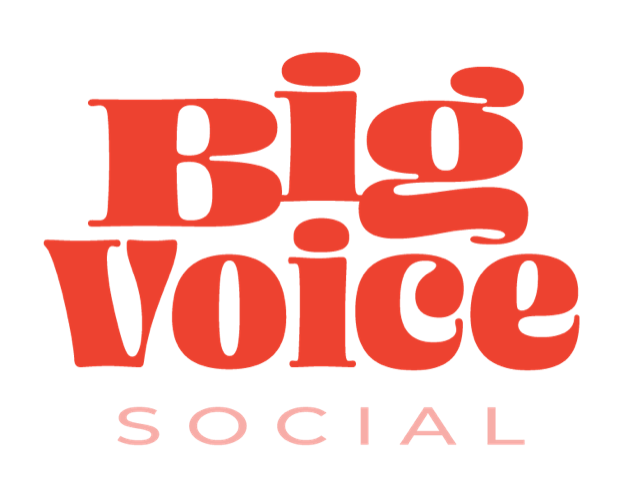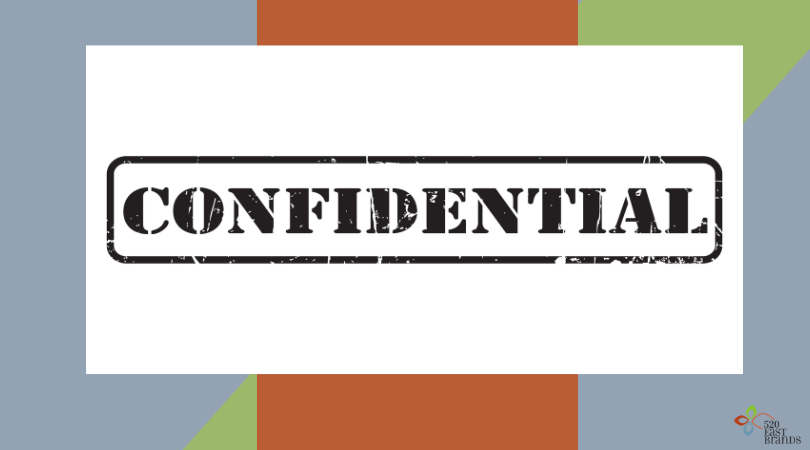Remember Joan Rivers’ famous saying, “Can we tawk?” If not, well then I guess I’ve just aged myself and now you know… I’m turning 50 next month.
Anyway…
I’ve talked in the past about proper etiquette and following some basic rules on social. Today I want to talk about Facebook groups. Like me, you’re probably in several. Whether these groups are related to your career, your kids or just something in which you’ve got an interest, Facebook groups have come a long way in how they function, what’s expected of them and what they can mean to people.
Over the past year or so, I’ve noticed more and more people publishing in these groups anonymously. Maybe they want to ask an embarrassing question. Maybe they are posting in a school group and have a general concern but don’t want their child’s teacher to see the post. Maybe they think their question is a dumb question. Or maybe they just want to ask a question without judgment. The groups should be a safe place to do this, right? And if someone is asking anonymously, then they should feel even more safe to ask a question or make a post among likeminded people who have no idea who they are.
But here’s the catch: the administrators of the group can see who is posting. So if you want to publish something anonymously, know that before you publish, you have to be sure you understand that although your post, if approved, will publish anonymously… someone does know it’s you. Creepy, I know.
And here’s where the question of ethics comes into play. As an administrator of groups for clients and otherwise, I feel there is a “code” we should all adhere to… that anything that happens in that group is to be kept confidential.
But here’s the thing. I have a friend in a group who did this precise thing last week:
- She posted anonymously in a group;
- She agreed to posting this way even though the admins could see it was her;
- When her post was approved, it was, indeed, posted “anonymously;”
- She got some valuable feedback from fellow group members.
I’m not in this group so I didn’t see her post, but she said she just wanted some feedback on a situation and didn’t want anyone to know, specifically, the details of her venting.
Later that day, however, she received a call from the organization in question regarding the precise issue she “anonymously” vented about. She actually welcomed the conversation and did feel better about what had happened, but still, it nagged at her… “if my post was anonymous… how did they find out it was me?”
And here is where I step into my “never trust anyone” monologue. Somehow, her post gave away just enough detail that the admin/moderator of the group knew exactly what she was talking about and shared that “anonymous” post with someone at the organization in question. This is where the question of ethics – or the code – comes into play.
If you are moderating a group online and you see an anonymous post, then it is your duty – your obligation – to keep that confidence. It’s not up to you to decide why something is kept anonymous. Your job is to publish (if the post breaks no community rules) and let it ride.
The friend who reached out to me feels okay about the whole thing because her situation is handled. But what if that were a group related to her career and her “anonymous” concerns got back to her boss? That could cause a really bad situation.
I told her she could either let it go since she actually did feel better, or she could pursue things further and message the admin of the group. She said she was going to think about it. Knowing this admin can’t be trusted, though, I’m not sure I’d take it further. My final recommendation was to let it go.
If you are moderating a group, though, be careful. Be kind. Be confidential. Someone out there is posting on your group and wanting information and for whatever reason they want to stay anonymous. You should let them do so.



